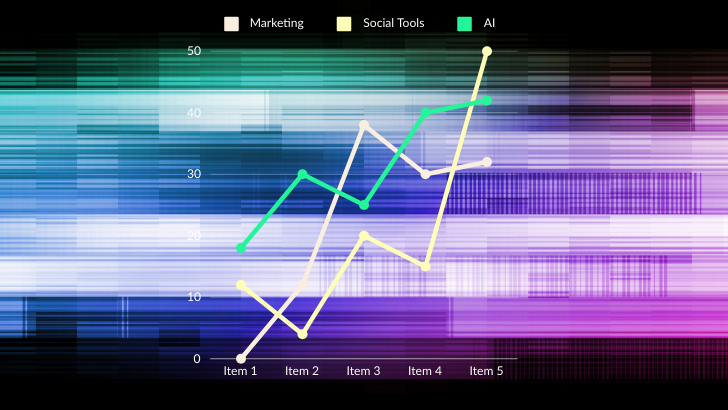With lunch and its accompanying keynote having finished, one more keynote was on tap before the afternoon breakout sessions at Tuesday’s ReDev B0st0n Conference at MIT. While the crowd wasn’t quite standing room only like it was for the prior keynote, those who attended were surely pleased that they did.
Dan Milstein, the Director of Engineering at Wayfair, gave a lively talk about operations entitled, “Reality is a Worthy Opponent: The Joy of Operational Challenges.” Wayfair offers customers a large selection of furniture, home furnishings, décor and goods, with over 10,000 suppliers. Milstein is in this position with a background that has seen him wear several hats: programmer, architect, team lead and product owner.
His keynote was at times animated and included good moments of humor to help demystify operations, a term which many who are not in the trenches have a hard time defining. Milstein offered his own to get the discussion going: creating consistent outcomes in opaque and highly variable environments. He also referenced a famous Marc Andreesen quote to add to his point that operations is not something many people fully understand – “Software is eating the world… but Ops is hard to digest.”
One of many highlights was when he went into a series of tactics to help manage this, and he came to a simple idea with one of them: value the humans. Automation is great, with many benefits for a company, but operators should not be treated like after-thoughts. It’s long been a conundrum that operators on a production, test or repair floor use software along the way, but it was developed by people who have a fundamentally different background and perspective. Not only that, but in the grand scheme of things, when thinking of a company, those are not the people who jump to mind most of the time.
But this goes deeper than that.
Operators have long had to use systems and software that was buggy, unreliable and/or not user-friendly; talk to some of them, and you can sense resignation about it (“This stuff just doesn’t work, but it’s what we have” or “I don’t know why they have us using this, it’s so slow and hard to use.”) It’s also why management has to do a little more work to sell them on the idea that the software will be improved to make their lives easier and allow them to be even more productive, because that same resignation will produce a thought along the lines of, “Yes, I’ve heard that a thousand times before, but we have the same crappy software we’ve always had.”
And while Milstein didn’t directly say it, that’s even a lesson for software engineers as well as management. It can’t be just management that is carrying the torch for this.
This portion reminded me of something an engineering manager told me some years ago about how one of his former companies improved morale and productivity on the production and test floor. He and other managers spent time there talking with every employee and built them up, telling them that they were the experts in what they did. They made them feel valued, which is not trivial in part because they are often saddled with tools that don’t work well. From there, they asked what could be done to make their jobs better and easier.
In a nutshell, they got great feedback that they never would have received otherwise, and made monumental improvements. It was probably much greater than might have been achieved by continuing with the usual plans of those days of running off to the usual meetings, as might be the temptation.
For the many who don’t fully understand operations in the context of a business, Milstein’s keynote was surely helpful. It was a good way to get the afternoon rolling after lunch.



